Last Soviet leader Mikhail Gorbachev, who ended Cold War, passes away
Moscow: Mikhail Gorbachev, the former Soviet leader who brought the Cold War to a peaceful end, passed away aged 91.
The Central Clinical Hospital said in a statement that Gorbachev died after a long illness. No other details were given.
Though in power less than seven years, Gorbachev unleashed a breathtaking series of changes. But they quickly overtook him and resulted in the collapse of the authoritarian Soviet state, the freeing of Eastern European nations from Russian domination and the end of decades of East-West nuclear confrontation.
His decline was humiliating. His power hopelessly sapped by an attempted coup against him in August 1991, he spent his last months in office watching republic after republic declare independence until he resigned on Dec. 25, 1991. The Soviet Union wrote itself into oblivion a day later.
Gorbachev won the 1990 Nobel Peace Prize for his role in ending the Cold War and spent his later years collecting accolades and awards from all corners of the world. Yet he was widely despised at home.
Russians blamed him for the 1991 implosion of the Soviet Union — a once-fearsome superpower whose territory fractured into 15 separate nations. His former allies deserted him and made him a scapegoat for the country’s troubles.
His run for president in 1996 was a national joke, and he polled less than 1 percent of the vote.
In 1997, he resorted to making a TV ad for Pizza Hut to earn money for his charitable foundation, His former allies deserted him and made him a scapegoat for the country’s troubles.
Mikhail Sergeyevich Gorbachev was born March 2, 1931, in the village of Privolnoye in southern Russia. Both his grandfathers were peasants, collective farm chairmen and members of the Communist Party, as was his father.
Despite stellar party credentials, Gorbachev’s family did not emerge unscathed from the terror unleashed by Soviet dictator Josef Stalin: Both grandfathers were arrested and imprisoned for allegedly anti-Soviet activities.
But, rare in that period, both were eventually freed. In 1941, when Gorbachev was 10, his father went off to war, along with most of the other men from Privolnoye.
Meanwhile, the Nazis pushed across the western steppes in their blitzkrieg against the Soviet Union; they occupied Privolnoye for five months.
When the war was over, young Gorbachev was one of the few village boys whose father returned. By age 15, Gorbachev was helping his father drive a combine harvester after school and during the region’s blistering, dusty summers.
His performance earned him the order of the Red Banner of Labor, an unusual distinction for a 17-year-old. That prize and the party background of his parents helped him land admission in 1950 to the country’s top university, Moscow State.
There, he met his wife, Raisa Maximovna Titorenko, and joined the Communist Party. The award and his family’s credentials also helped him overcome the disgrace of his grandfathers’ arrests, which were overlooked in light of his exemplary Communist conduct.
Gorbachev ventured into other new areas in his 70s, winning awards and kudos around the world. He won a Grammy in 2004 along with former U.S. President Bill Clinton and Italian actress Sophia Loren for their recording of Prokofiev’s Peter and the Wolf, and the United Nations named him a Champion of the Earth in 2006 for his environmental advocacy.
Gorbachev had a daughter, Irina, and two granddaughters.


Comments are closed.